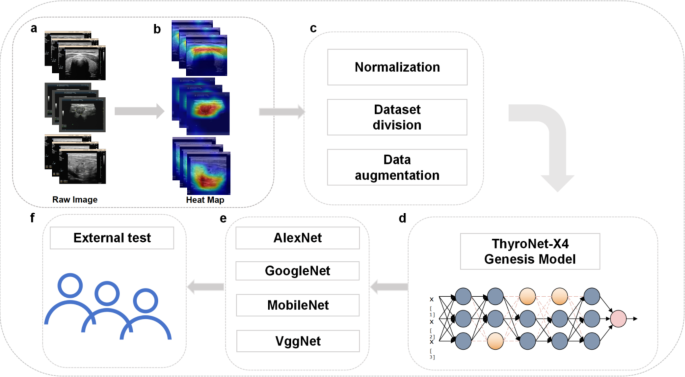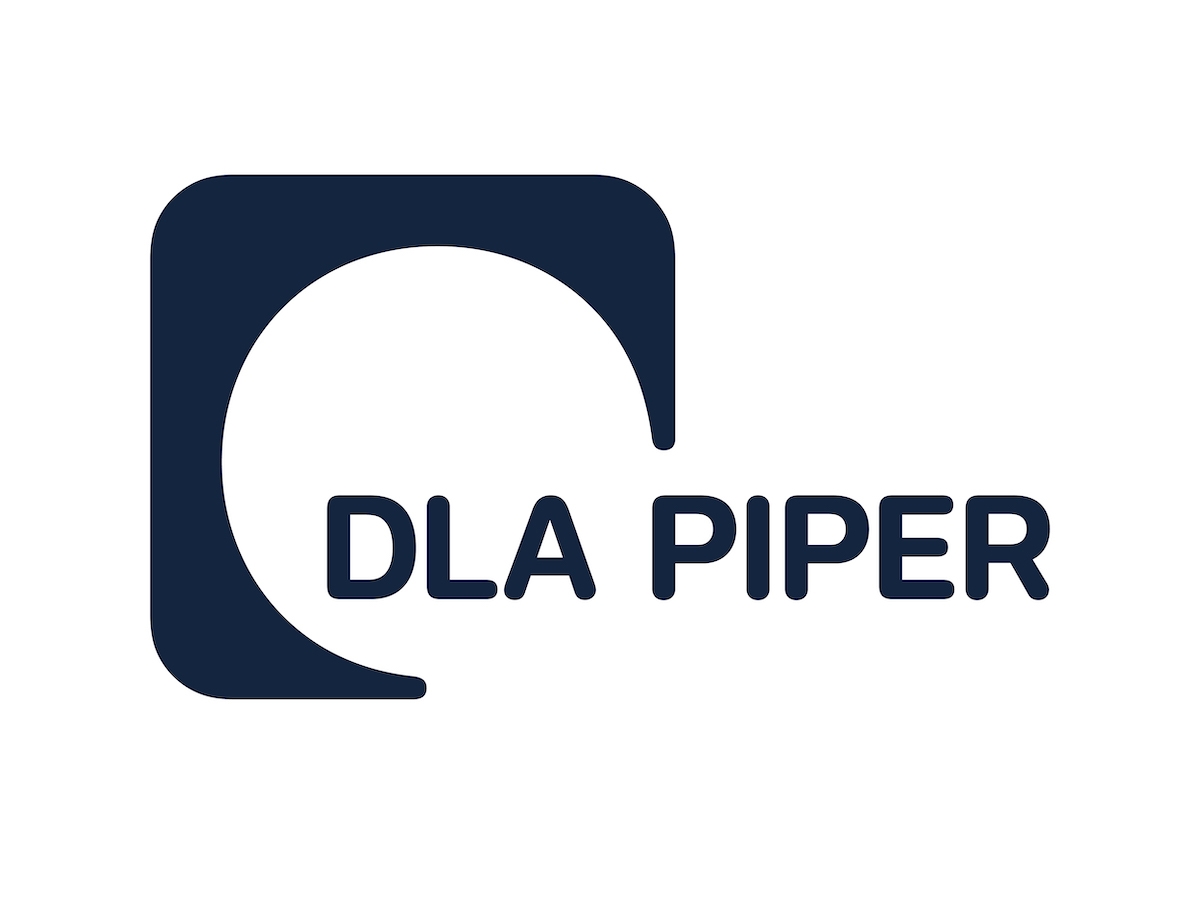Introduction Thyroid nodules are defined as space-occupying lesions within the thyroid gland that can be detected through imaging studies, differentiated from the surrounding thyroid tissue. These nodules can be benign or malignant, and according to recent epidemiological studies, up to 60% of the population have thyroid nodules1, with a malignancy rate of approximately 1–5%2. Further

Lessons for Investors from Winners and Losers of DeepSeek AI Stock Selloff | Morningstar
As R1, DeepSeek’s latest artificial intelligence model, sent shock waves through global stock markets, exchange-traded funds focused on AI stocks showed significant divergence in performance, underscoring the importance of understanding a thematic fund’s strategy.
Investors may not realize going in, but funds nominally tracking the same theme can perform very differently. In this case, technological advancements punished some parts of the AI value chain while rewarding others, representing just one of many twists in the commercialization of a potentially world-changing technology.
DeepSeek’s Impact on AI Stock ETFs
The sudden emergence of DeepSeek and its implications for the AI stock trade highlights how long-term investors in this theme would do well to adopt a strategy flexible enough to capture future developments.
Until now, conventional wisdom dictated that the most powerful AI models depended on vast datasets and immense computational power, favoring scale and benefiting hardware giants like Nvidia NVDA. However, DeepSeek’s latest innovations have upended this assumption, triggering sharp declines in the valuations of some of the world’s largest companies.
The startup’s new models demonstrate how efficiency gains in AI development can reduce reliance on brute-force computing, significantly lowering computational demands and associated costs. This breakthrough has profound implications for the industry, challenging existing business models and reshaping investment strategies.
Despite a broad selloff in high-profile AI stocks, US-domiciled AI and Big Data funds, which invest in stocks expected to benefit from AI advancements, saw net inflows of $430 million in the week beginning Jan. 27. This resilience underscores their role as tactical investment tools. Notably, the Global X Artificial Intelligence & Technology ETF AIQ attracted strong inflows toward the end of the week, reflecting continued investor confidence in the sector’s long-term potential.
Funds Favoring Software Providers Prevailed
The best-performing AI and Big Data funds for the week of Jan. 27 included ProShares Big Data Refiners ETF DAT and the TrueShares Tech, AI, and Deep Learning ETF LRNZ, which outperformed the Morningstar Global Artificial Intelligence & Big Data Consensus Index with returns of 4.1% and 3.4%, respectively. These funds had the highest exposure (91.9% and 62.0%, respectively) to companies in the software industries. A prime example is Elastic NV ESTC, a Netherlands-based data analytics company, which returned 8.2% over the week. Elastic specializes in AI-driven Big Data analytics, and it’s expected to benefit from cheaper and more efficient AI technology. Notably, the standout performer, ProShares Big Data Refiners ETF, had less than 5% exposure to semiconductor stocks.
Funds Favoring Hardware Fell Hardest
The worst-performing AI and Big Data funds for the week of Jan. 27 included VistaShares Artificial Intelligence Supercycle ETF AIS, down 6.9%, and Pacer Data and Digital Revolution ETF TRFK, which lost 5.9%. Meanwhile, the Global Artificial Intelligence & Big Data Consensus Index lost 2.2%.
These funds had the highest exposure (67% for VistaShares and 52% for Pacer) to companies in the AI hardware industries. This grouping includes major players like Taiwan Semiconductor Manufacturing TSM, Advanced Micro Devices AMD, Intel INTC, and Nvidia. The latter alone lost 18.4% of its value, significantly dragging on fund performance.
The author or authors do not own shares in any securities mentioned in this article. Find out about Morningstar’s editorial policies.



